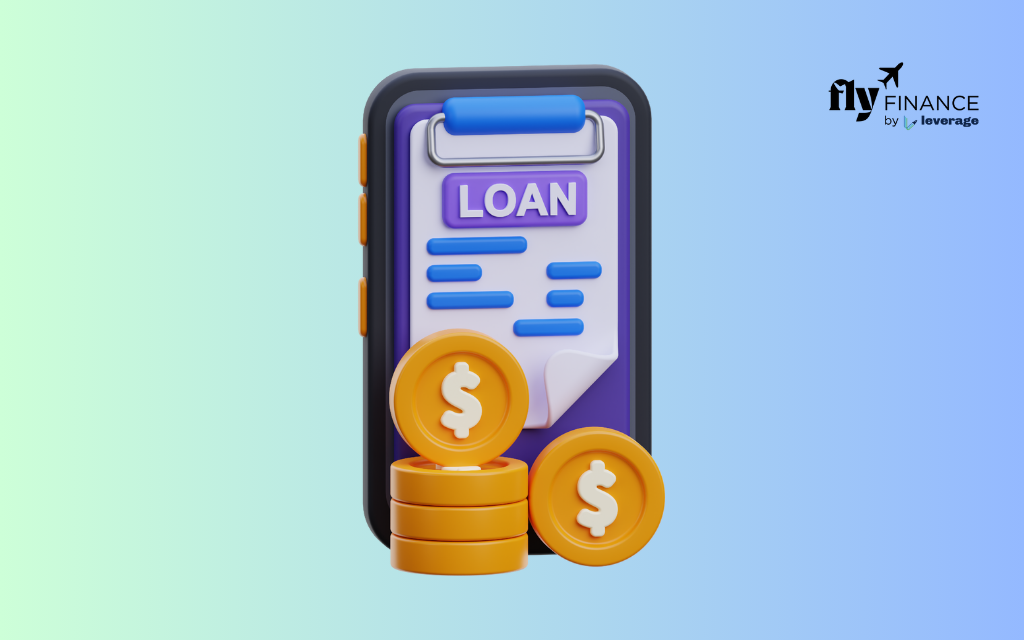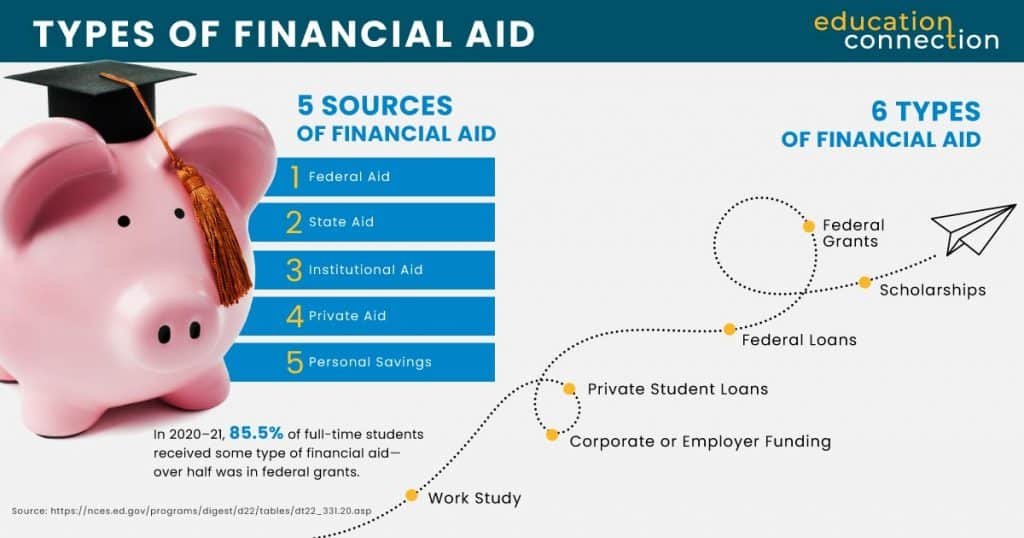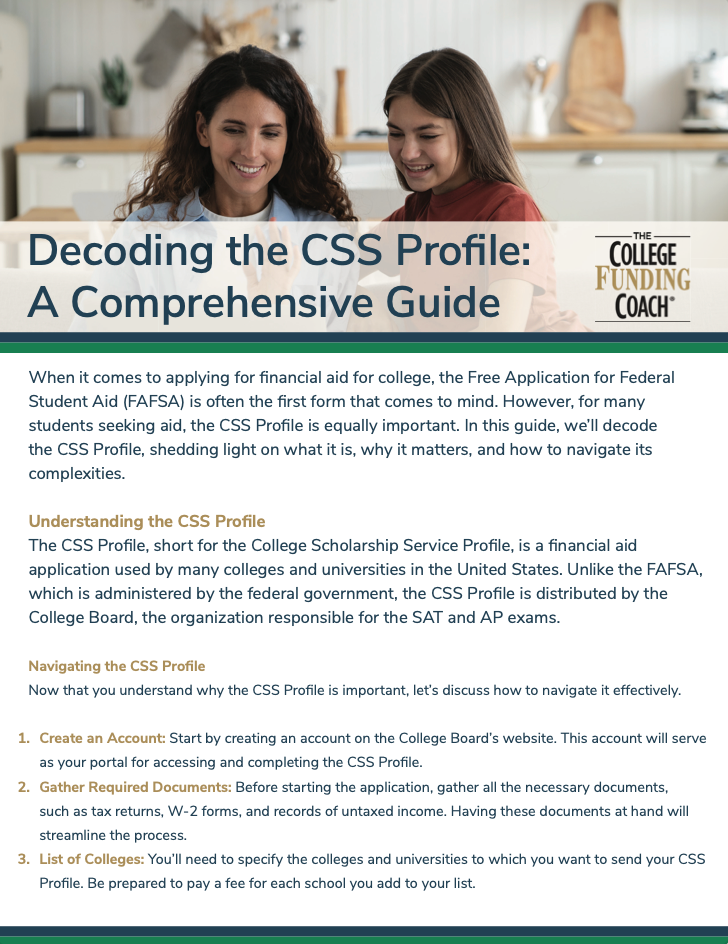Refinancing student loans can be an attractive option for borrowers looking to lower their interest rates and simplify their loan repayments. By trading in current loans for a new loan with a private lender, borrowers have the potential to save money and choose more flexible repayment terms. However, there are also downsides to consider, such as losing federal loan protections and eligibility for loan forgiveness programs. It’s important to weigh the pros and cons before deciding if refinancing is the right choice for managing student loan debt.
Key Takeaways on Student Loan Refinancing:
- Refinancing student loans can help lower interest rates and simplify repayments.
- Pros include potential savings and more flexible repayment terms.
- Cons involve losing federal loan protections and eligibility for forgiveness programs.
- Consider factors such as eligibility requirements and potential savings before deciding.
- Make an informed decision based on your financial situation and goals.
Pros of Refinancing Student Loans
Refinancing student loans offers several advantages. The biggest benefit is the ability to qualify for a lower interest rate, which can save borrowers money over time. Lower monthly payments free up cash that can be used for other expenses or saved in a high-yield savings account. Refinancing also allows borrowers to choose a more ideal payment plan, whether they want to pay off the loan aggressively over a shorter term or make lower payments over a longer period. Having one consolidated loan with a single lender can also streamline the repayment process.
When you refinance your student loans, you have the potential to secure a lower interest rate. This means that over the life of the loan, you can save a significant amount of money. With a lower interest rate, more of your monthly payment goes towards reducing your principal balance, helping you pay off your loan faster.
In addition to saving money on interest, refinancing also offers flexible payment plans. You have the freedom to choose a repayment term that suits your financial goals. If you’re looking to pay off your loan quickly and save on interest, you can opt for a shorter term. On the other hand, if you need more flexibility in your budget, you can choose a longer term with lower monthly payments. This allows you to manage your finances more effectively while still making progress towards paying off your loan.
“Refinancing student loans has given me the opportunity to lower my interest rate and choose a repayment plan that aligns with my goals. I was able to consolidate all of my loans into one, making it easier to keep track of my payments. I highly recommend refinancing for anyone looking to save money and simplify their student loan repayment.”
– Sarah Thompson, Refinanced Student Loan Borrower
Streamlining your loans by refinancing also has its benefits. Instead of dealing with multiple loan servicers and due dates, you’ll have just one consolidated loan and lender to manage. This simplifies the repayment process and helps you stay organized.
The image below illustrates the advantages of refinancing student loans:
| Pros of Refinancing Student Loans | Description |
|---|---|
| Lower Interest Rate | Save money over time with a reduced interest rate |
| Flexible Payment Plans | Choose a repayment term that fits your financial goals |
| Streamlined Repayment | Consolidate multiple loans into one, simplifying the repayment process |
Cons of Refinancing Student Loans
While refinancing student loans can provide benefits, it’s essential to carefully consider the potential downsides before making a decision. Here are some cons of refinancing your student loans:
1. Loss of Federal Protections
One major drawback of refinancing is the loss of federal loan protections. Federal student loans offer various benefits, such as income-driven repayment plans and loan forgiveness programs. By refinancing with a private lender, you forfeit these valuable options and the financial security they provide.
2. Eligibility Requirements
Not all borrowers will qualify for refinancing. Private lenders typically require a good credit score and a low debt-to-income ratio to approve a refinancing application. If you don’t meet these eligibility requirements, you may not be able to take advantage of refinancing as an option to manage your student loan debt.
3. Loss of Federal Relief Measures
During times of economic hardship, the government often implements relief measures for federal student loan borrowers. These measures can include payment freezes or reduced interest rates. Unfortunately, by refinancing your loans with a private lender, you no longer have access to these federal relief programs, potentially leaving you more vulnerable during difficult times.
It’s crucial to carefully weigh the pros and cons of refinancing before making a decision. While refinancing can save you money and simplify your loan repayments, it’s essential to consider the potential loss of federal protections and eligibility requirements. Additionally, evaluate your individual circumstances and financial goals to determine if refinancing aligns with your long-term financial plans.
Important Factors to Consider
Before refinancing your student loans, there are several important factors you should consider to make an informed decision. Understanding the eligibility requirements, credit score impact, and potential changes to your loan repayment timeline will help you navigate the refinancing process with confidence.
Eligibility Requirements
Lenders have specific eligibility requirements that borrowers must meet to qualify for refinancing. While these requirements may vary, most lenders prefer borrowers with a good credit score and a low debt-to-income ratio. It’s crucial to assess your financial situation and creditworthiness before applying for refinancing. Taking steps to improve your credit score and reduce your existing debt can increase your chances of meeting these eligibility requirements.
Credit Score Implications
When refinancing student loans, your credit score plays a vital role in determining the interest rate you qualify for. Generally, borrowers with higher credit scores are offered lower interest rates. Before applying for refinancing, it’s essential to review your credit report and address any errors or discrepancies that may negatively impact your score. Improving your credit score can help you secure more favorable terms and potentially save money on interest payments over the life of your loan.
Impact on Loan Repayment Timeline
Refinancing your student loans may extend the timeline for paying off your debt, especially if you are already halfway through your repayment period. It’s important to consider the implications of a longer repayment timeline on your overall financial goals. Although refinancing often leads to lower monthly payments, you may end up paying more in interest over the long run. Evaluating your short-term and long-term financial objectives will help you determine if a longer repayment timeline aligns with your personal financial strategy.

Using student loan refinancing calculators and prequalification tools can be valuable resources in understanding the potential savings and exploring different refinancing options without affecting your credit. These tools allow you to input your loan details and receive personalized estimates, empowering you to make an informed decision based on your financial goals.
Summary
Considering the eligibility requirements, credit score implications, and impact on your loan repayment timeline are crucial factors when deciding whether to refinance your student loans. By carefully evaluating these factors and utilizing refinancing tools, you can confidently determine if refinancing is the right choice for your financial situation.
Conclusion
When it comes to managing student loan debt, refinancing student loans can be a valuable tool. However, it’s important to recognize that refinancing may not be the best choice for everyone. Before making a final decision, take the time to carefully weigh the pros and cons.
Consider factors such as eligibility requirements, including good credit score and a stable income. Also, take into account the potential loss of federal loan protections and the impact on eligibility for loan forgiveness programs. Additionally, evaluate the potential savings that can be achieved through refinancing.
If refinancing is the right choice for you, explore different lenders to find the best interest rates and terms. It’s crucial to make an informed decision that aligns with your financial goals and circumstances. By taking the time to evaluate your options and make a well-informed decision, you can set yourself up for better financial outcomes in the long run.













1 thought on “Student Loan Refinancing: Pros and Cons”